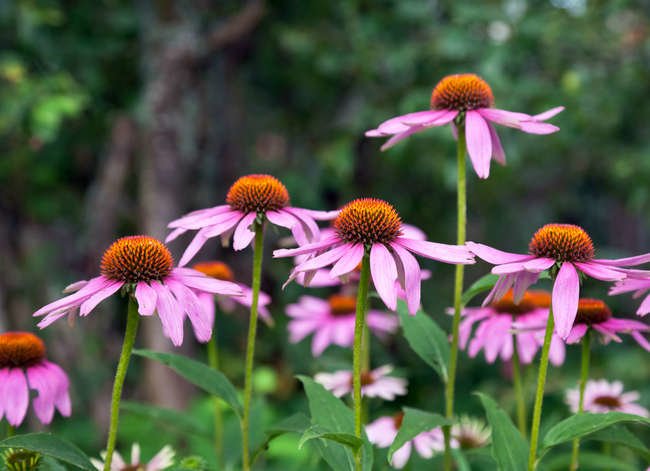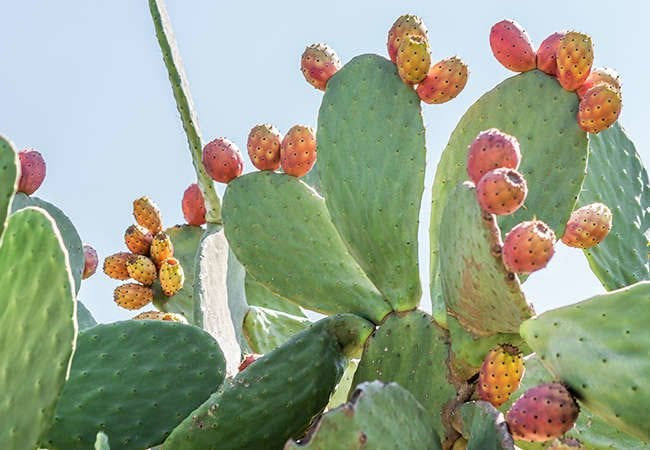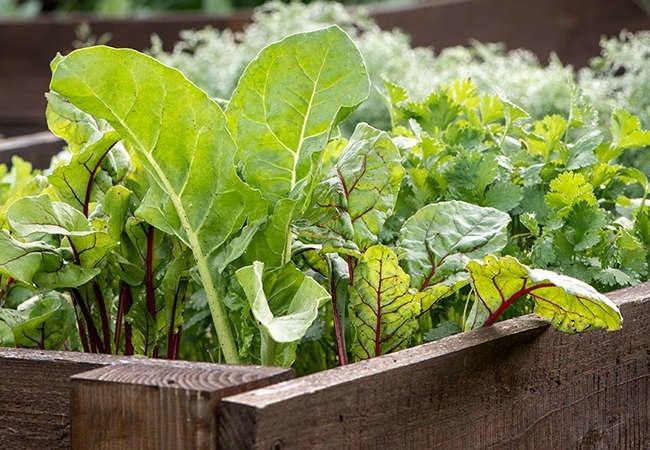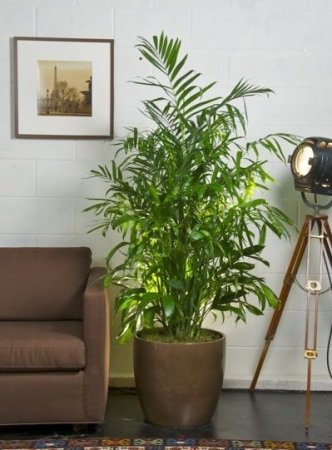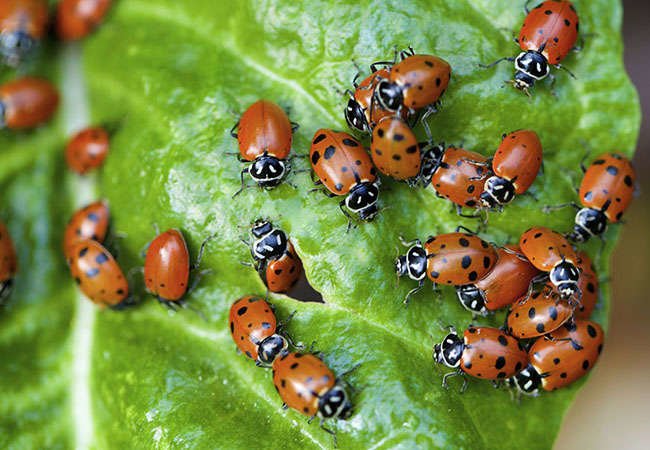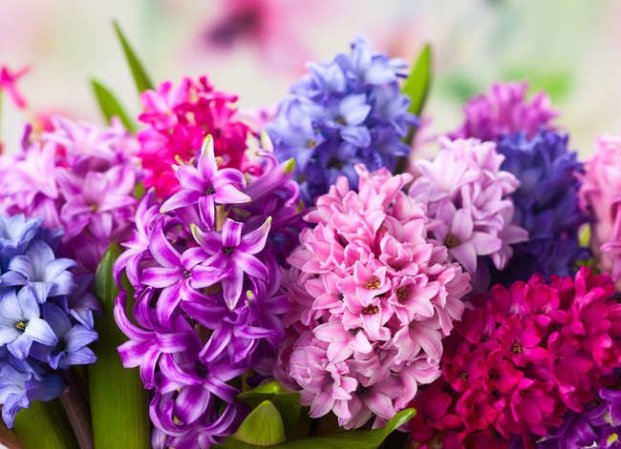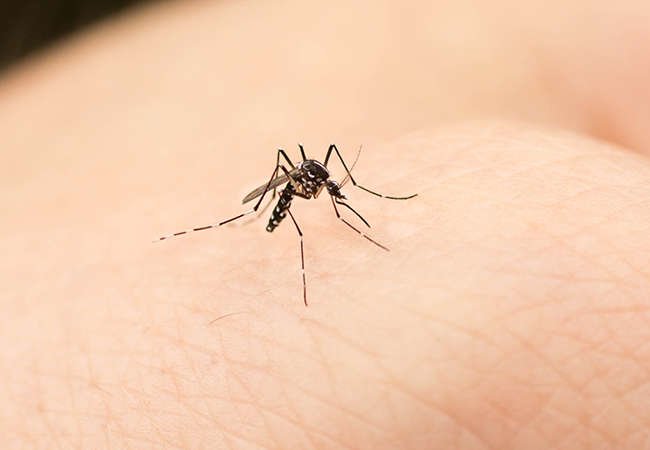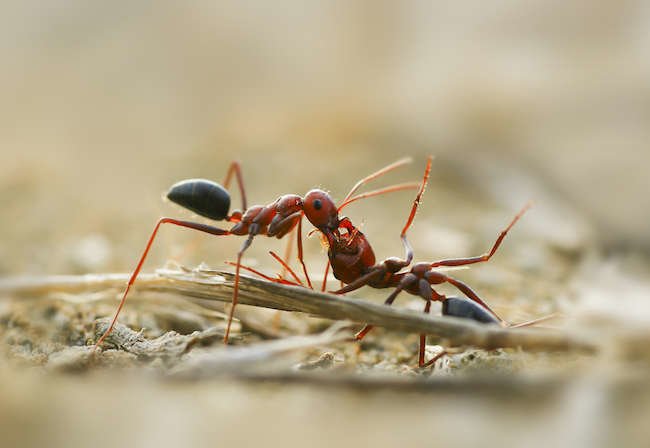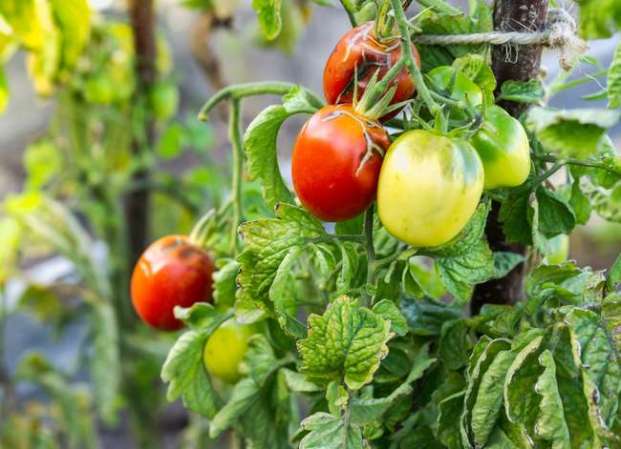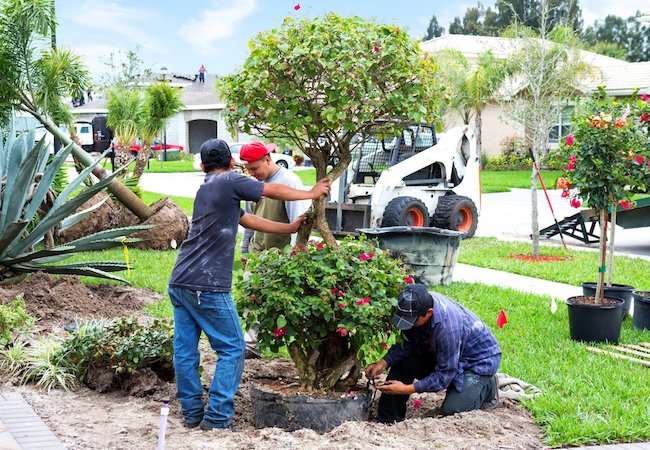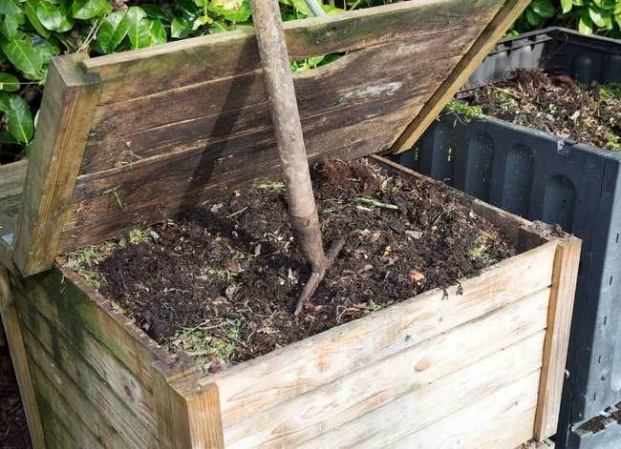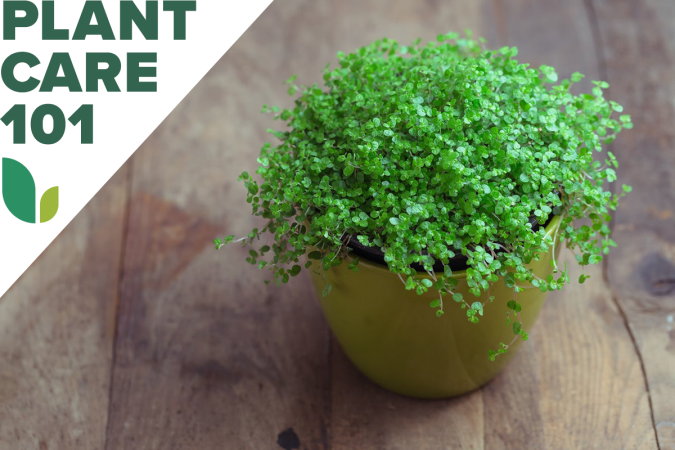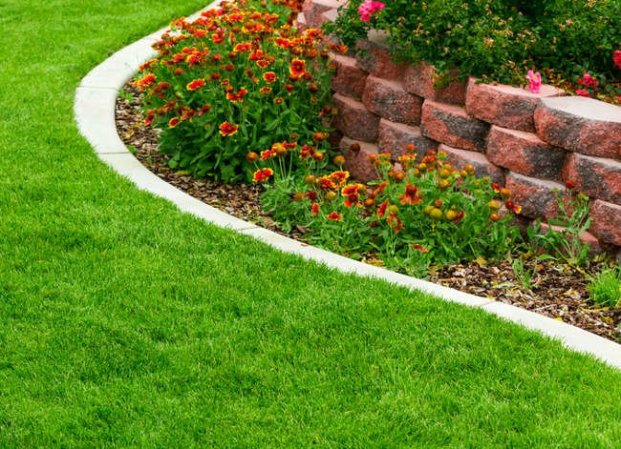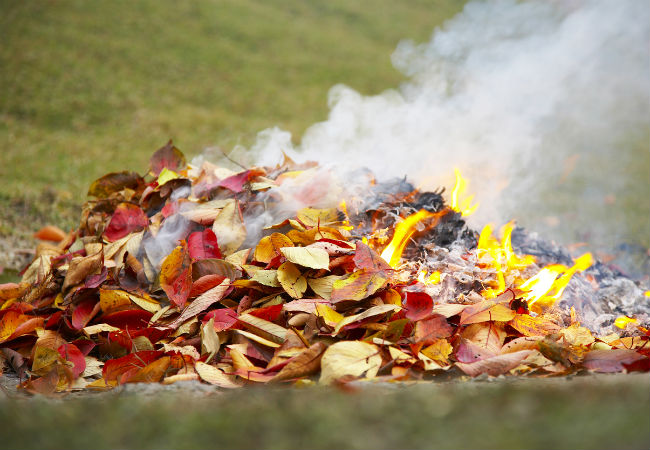We may earn revenue from the products available on this page and participate in affiliate programs. Learn More ›
Aloe Vera for Burns
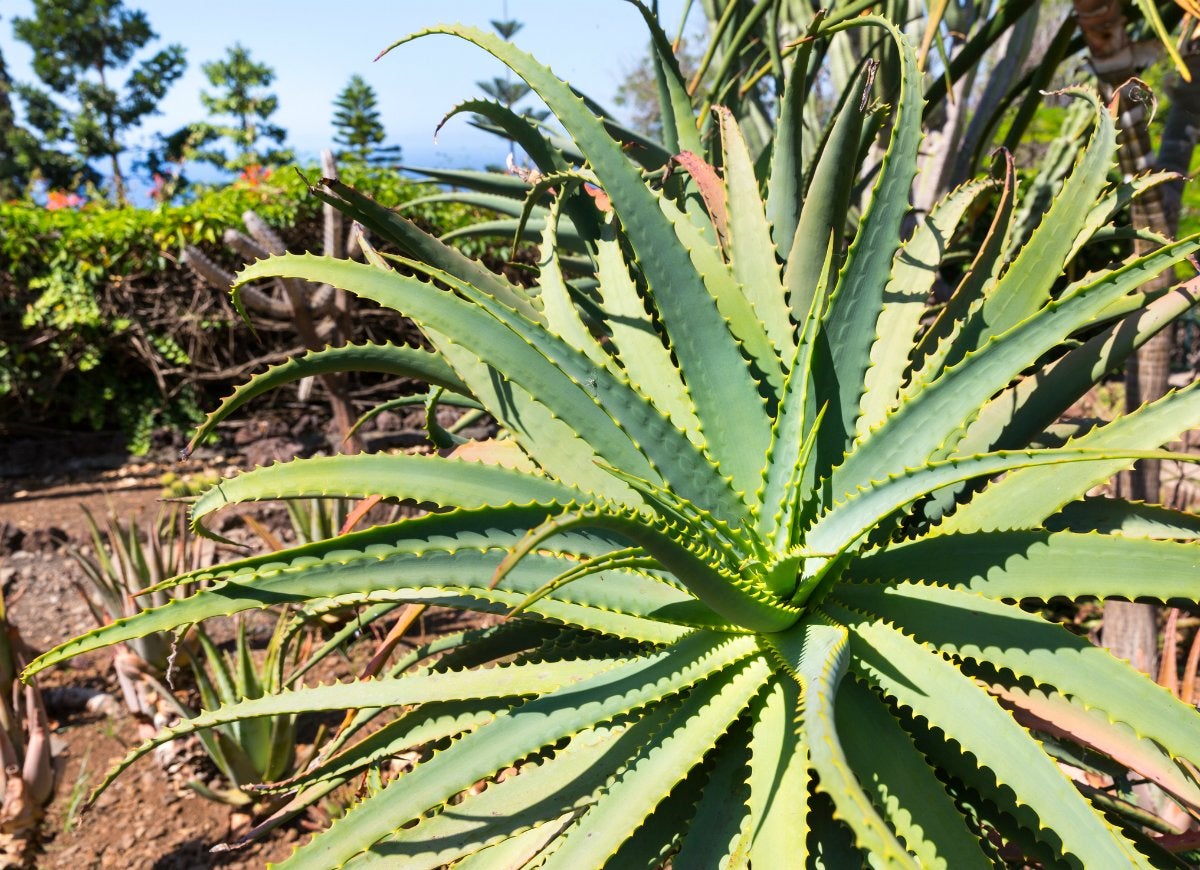
Aloe vera, a popular ingredient in commercial sunburn soothers, is a home-remedy hero. If you include an aloe vera plant in your garden, you’ll be able to topically apply the juice directly from the leaves to treat minor burns and overexposure to the sun.
Related: 10 “Zero Dollar” Garden Hacks
Peppermint for Nausea
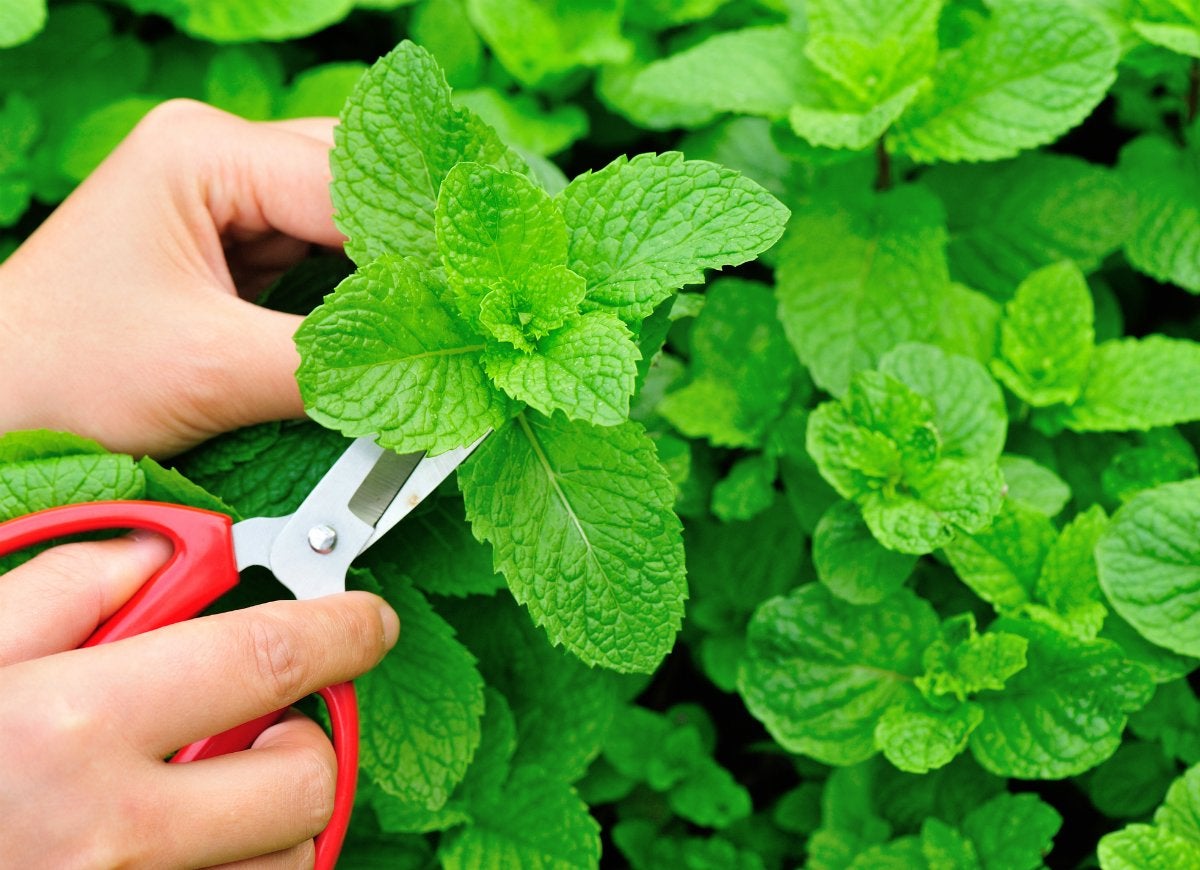
Peppermint has long been a remedy for upset stomach. While it can be administered as a pill or an essential oil, peppermint leaf tea is the easiest concoction for the home gardener to make. Like other mints, peppermint is invasive, so unless you want it everywhere, it’s best grown in a container.
Related: 7 Herbs That Clean House
Yarrow for Bleeding
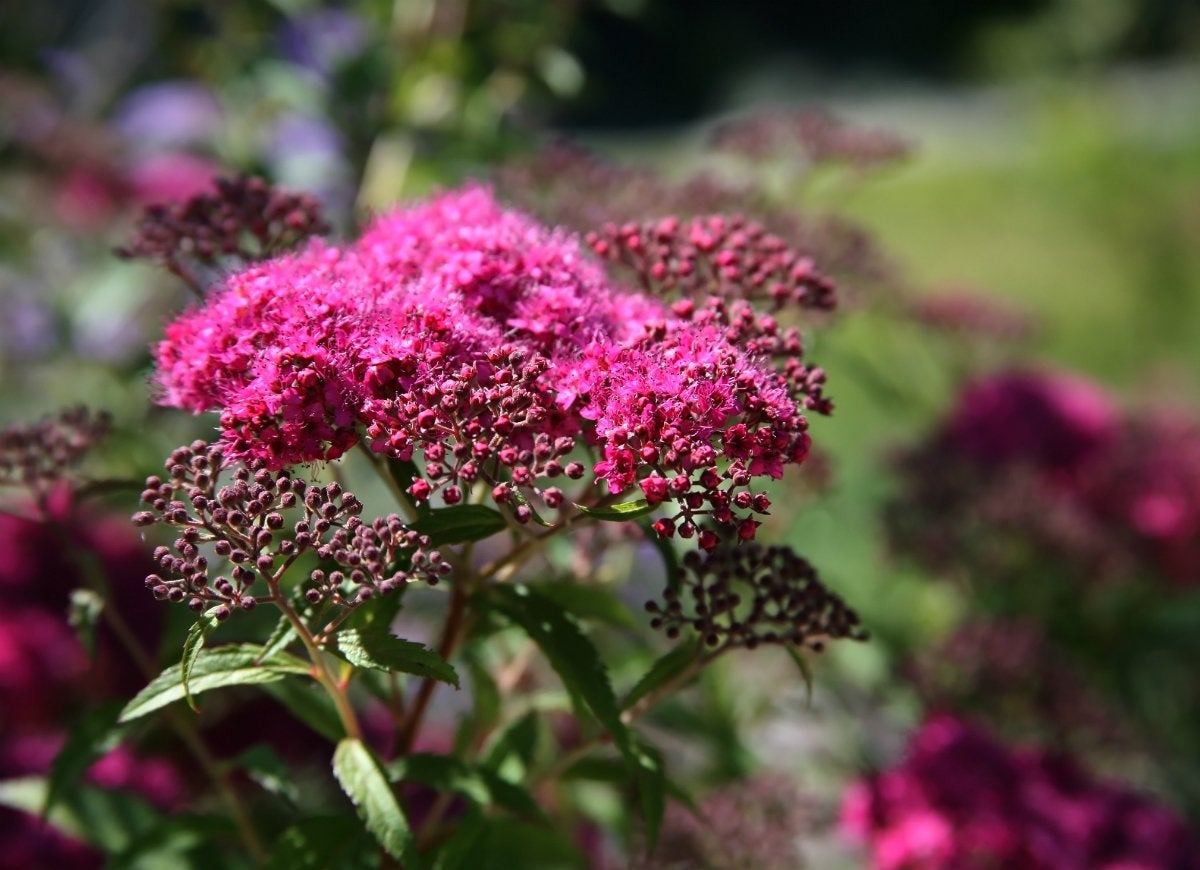
Yarrow, a hardy, colorful perennial of the daisy family, thrives throughout the northern hemisphere. The entire plant, from flowers to roots, can be used for various medicinal purposes, but its astringent properties make it particularly effective at stopping minor bleeding. To treat cuts and scrapes, crush the leaves and apply as a poultice.
St. John’s Wort for Eczema
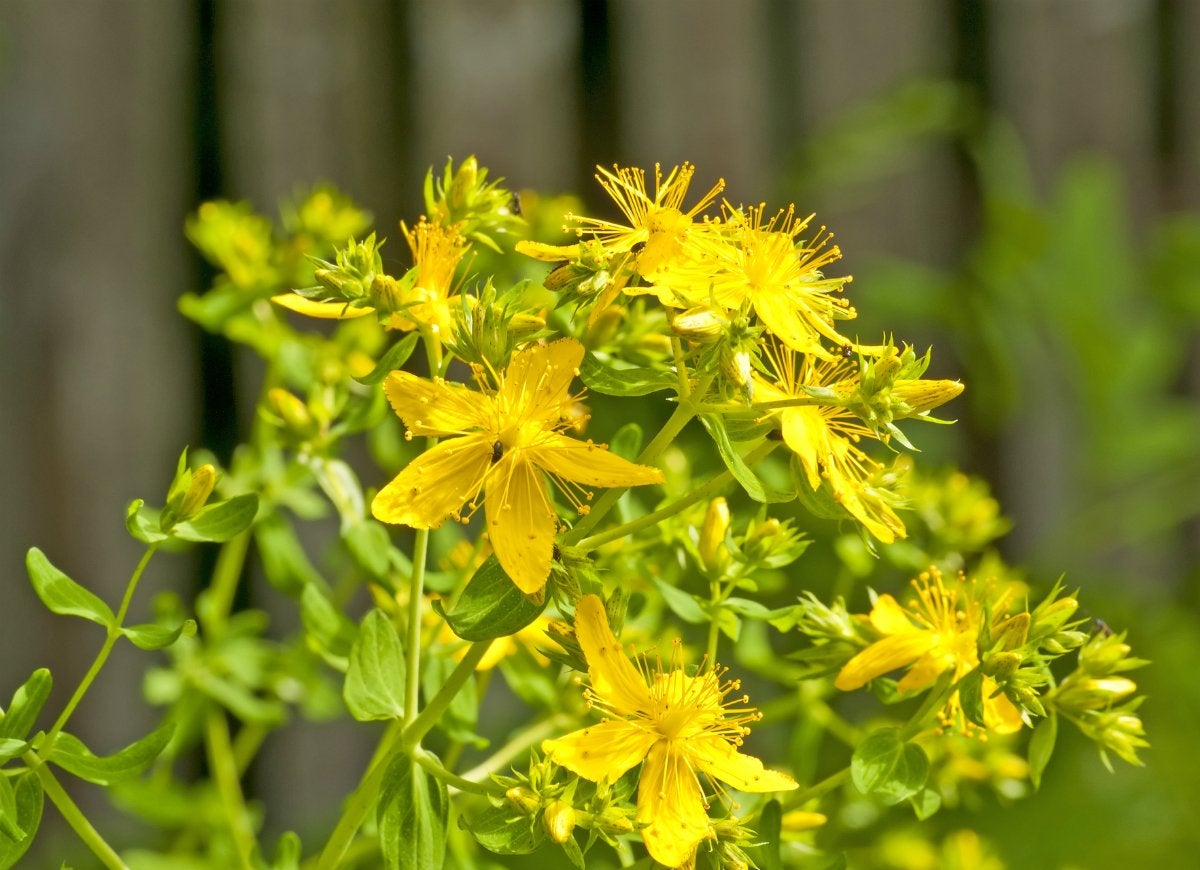
St. John’s wort has been a medicinal mainstay since the days of Ancient Greece. Known today as a treatment for minor depression, the herb also has properties that help fight inflammation. Applied to the skin, it can relieve symptoms associated with eczema and other skin conditions.
Echinacea for Colds
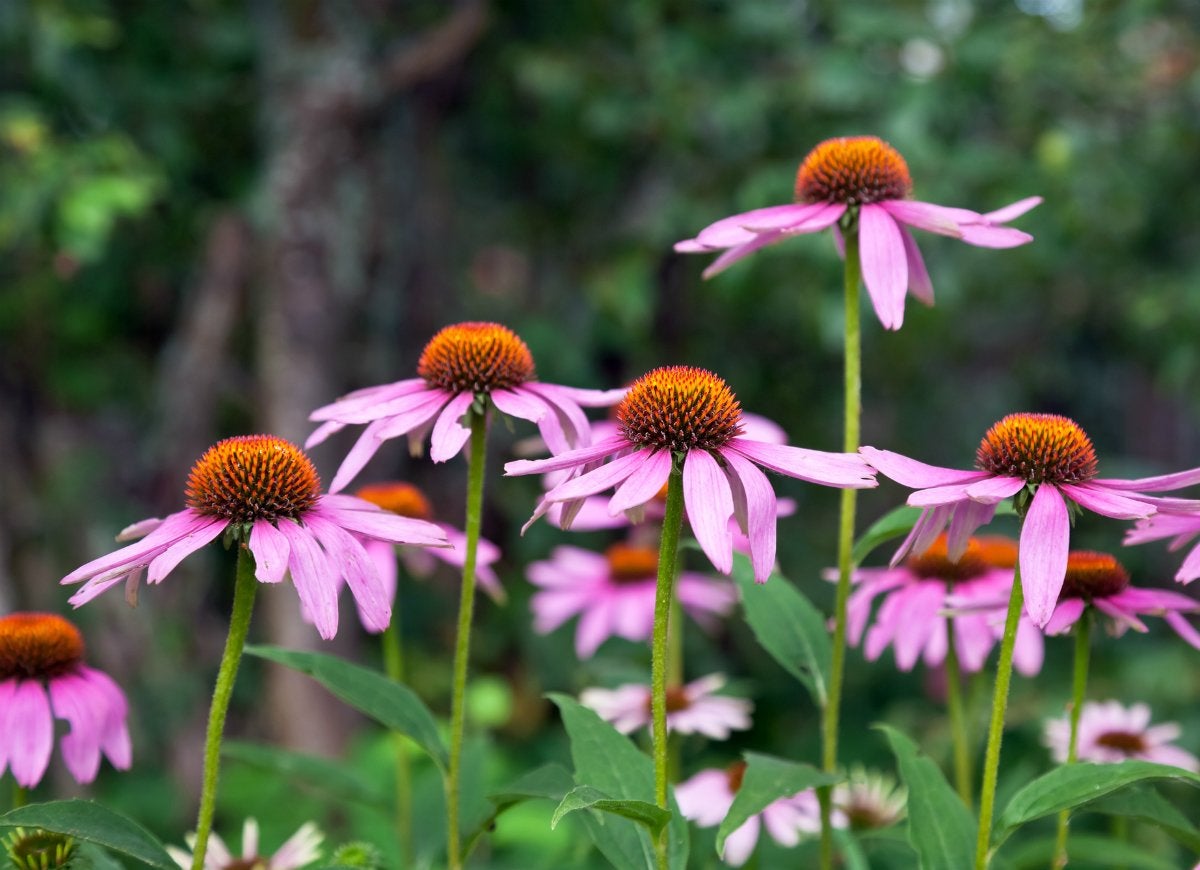
Echinacea, with its cheery purple flowers and ease of cultivation, is a popular garden perennial. In tea form, echinacea is often used as a general immune booster, and it is reputed to prevent, or shorten the duration of, a cold or virus. Mix it with spearmint and lemongrass, and you’ve got a tasty concoction you may want to drink at any time of the year, whether you’re feeling sick or not.
Eucalyptus for Sinuses
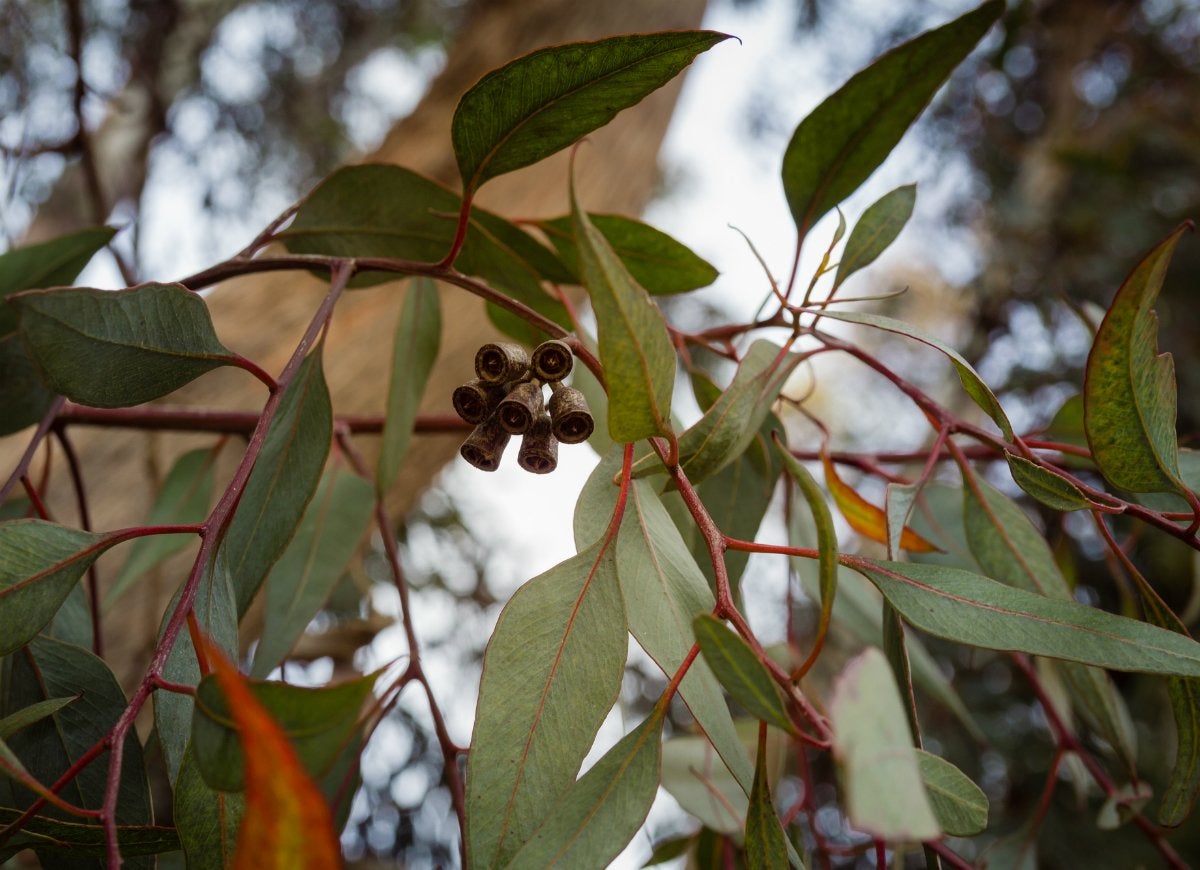
Because of its anti-inflammatory properties, eucalyptus, in oil form, has long been used in humidifiers and vaporizers to help relieve clogged sinuses. A drop or two can even be used directly on the area of discomfort, but be careful—it’s strong stuff! Avoid contact with the eyes, and wash hands immediately after handling.
Garlic for Bee Stings
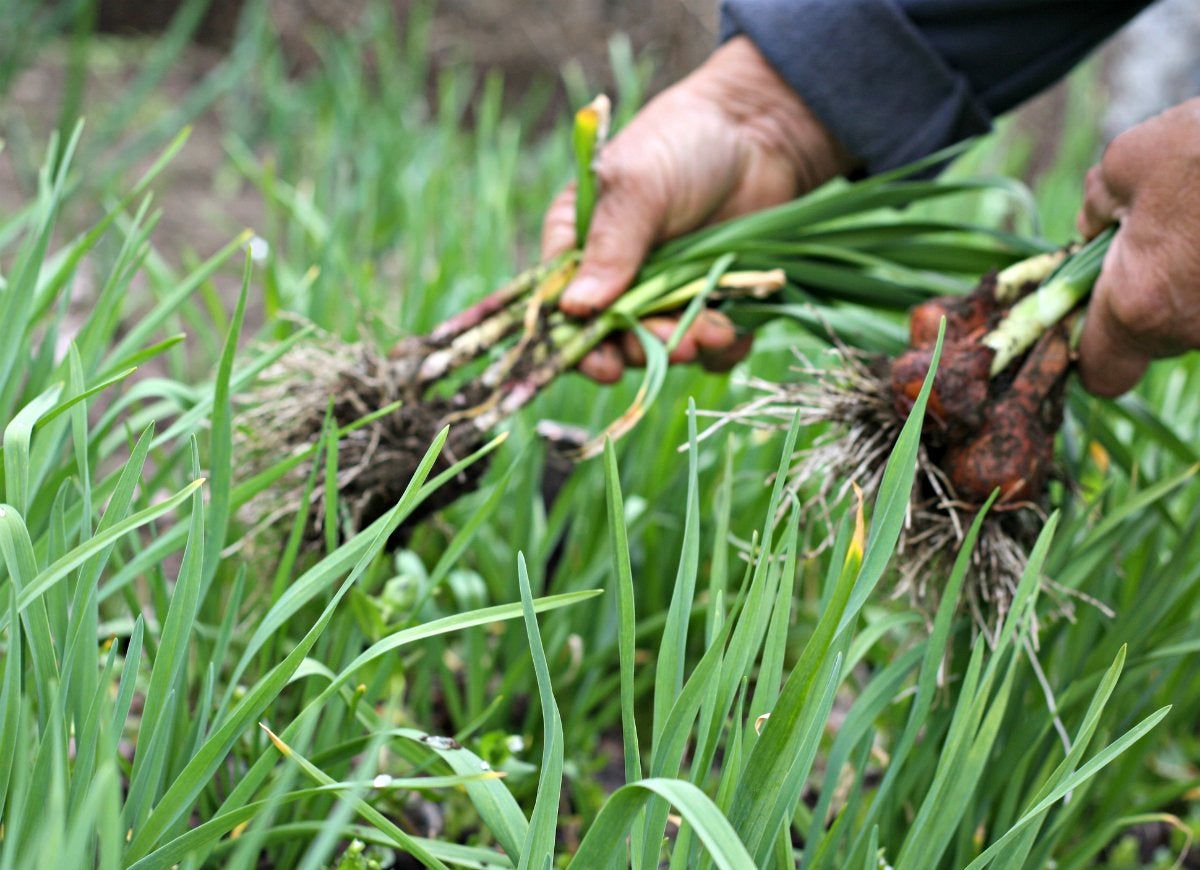
The pungent juice of a raw garlic clove can soothe the sting of a bee. Just crush a fresh clove, rub it over the wound, and cover it with an adhesive bandage. As a bonus, the strong smell will also ward off vampires—and maybe some pesky relatives.
Bay Leaf for Headaches
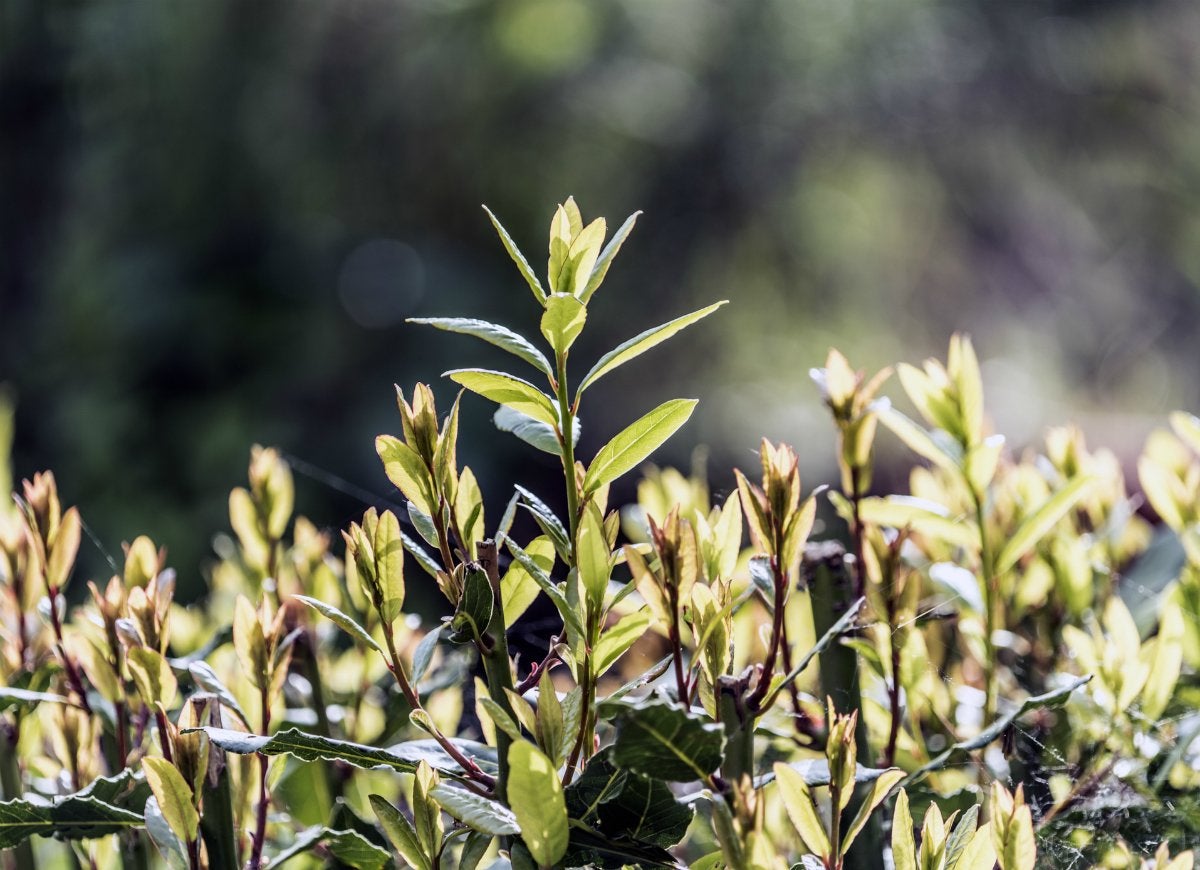
You may already be growing a bay tree in your garden for culinary purposes; bay leaf is a common ingredient in stews, soups, and tomato sauces. But you can also make tea from bay leaves to serve as an herbal remedy for migraines. If you suffer from regular headaches, you may want to add this aromatic evergreen to your yard, either in the ground or in a container, so you’ll have a steady supply of leaves.
Remedies at the Ready
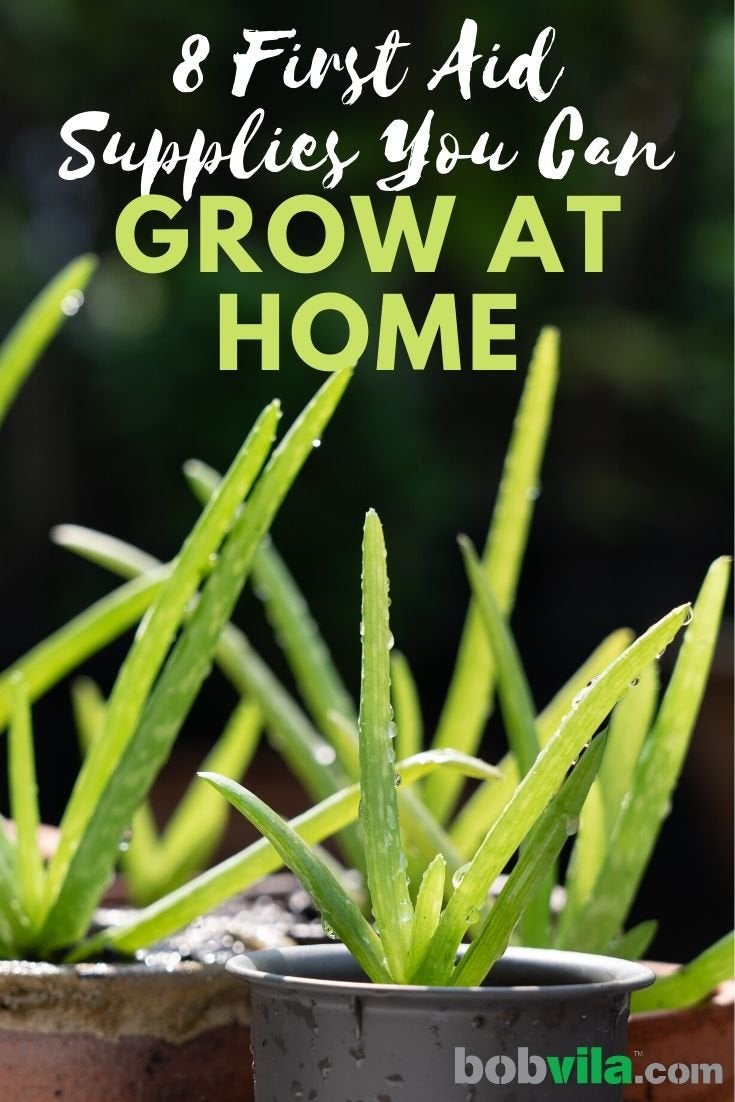
Who knew your garden could work as a first aid kit? These healing plants can take the place for some of your ointments and supplements.
